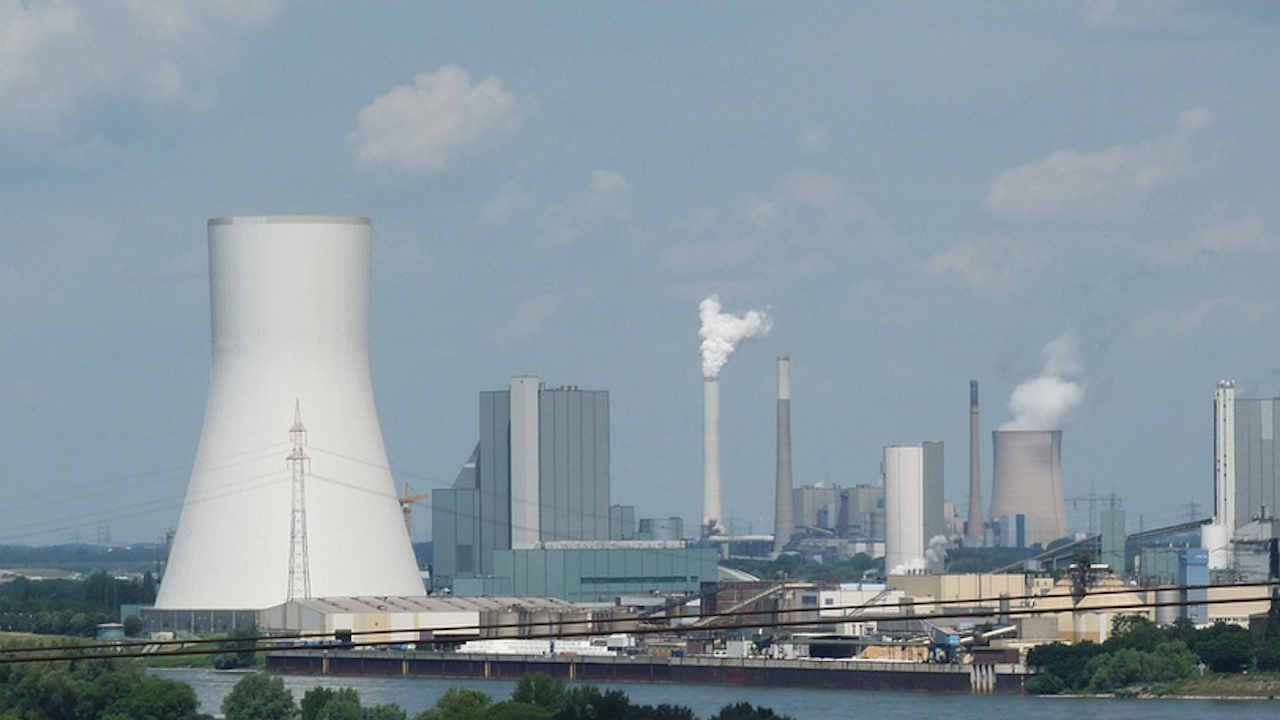Energy security issues have never been more central to national security, and Southeast Europe is at the forefront of these efforts. This was said today by Geoffrey Pyatt, US Assistant Secretary of State for Energy Affairs and former US Ambassador to Greece, participating online in a roundtable on "The Future of Natural Gas in Southeast Europe: Diversification and Exiting the Energy Mix", organized by the Center for study of democracy.
Piet recalled the huge changes that have occurred in Europe's energy map in the year since Russia's aggression against Ukraine, and noted that the efforts undertaken in Southeast Europe on a number of projects (including the construction of the Greece-Bulgaria interconnector and the work on the liquefied natural gas terminal in Alexandroupolis, in which Bulgaria has a 20 percent share - note ed.) for the diversification of natural gas supplies, are becoming increasingly important.
The U.S. and Southeast Europe share common goals, including providing the cleanest and most reliable energy possible, and preventing energy from being used as a weapon, he said.
We will insist to the EC to close our coal plants after 2030
Despite enormous challenges, including the suspension of gas supplies from Russia on April 27, 2022, Bulgaria seized the opportunity to accelerate its efforts to diversify its natural gas supplies and has been an active and supportive participant in our efforts at the "G- 7 plus" to counter (Russian President Vladimir - author's note) Putin's attacks on Ukraine's energy system, which was greatly appreciated, the assistant secretary of state said.
With its plans to diversify gas supplies, Bulgaria sets an important example for the rest of Europe, but there is still a lot of work to be done, he added.
According to him, the Western Balkans are of vital importance and Bulgaria is an important part of that.
For Washington, natural gas, and in particular liquefied natural gas, is a key aspect of the common US and EU interest in creating conditions for energy transition and decarbonization in the Western Balkans region, which was particularly heavily dependent on Russia.
This is why the future LNG terminal in Alexandroupolis is so important as a truly regional project, Payot said, also expressing support for the gas pipeline connection between Greece and North Macedonia, as well as the provision of a gas pipeline connection to Kosovo.
Piet highlighted the growing importance of liquefied natural gas in the energy market, of which the US is the world's leading exporter, and the growth of related infrastructure.
He highlighted the link between the energy transition on the one hand and decarbonisation and the achievement of climate protection targets on the other.
This finding was echoed by Yvonne Slingenberg, Director of Strategy, Analysis and Planning at the European Commission's Directorate-General for Climate Action.
She outlined the EU's leading initiatives in energy and climate policy, including the agreements adopted earlier today and last week's proposed Action Plan for a Green Deal in Industry and legislation to promote the production of net-zero technology products.
European countries can benefit from multiple sources of financial support under a number of European funds, such as the European Recovery and Resilience Mechanism, which is now supplemented with additional funds under the RePowerEU plan - for Bulgaria, this practically means that under both mechanisms it can have with a total of 6 billion euros, Greece - 18 billion euros and 12 billion euros in loans, and Romania - 13.5 billion euros in grants and another 15 billion loans.
These are huge sums, and they don't even include the revenue from the carbon trading scheme, Slingenberg pointed out.
Accelerating the transition to clean energy is the solution to the complex of problems in energy and the fight against climate change, she noted.
The EC representative highlighted the importance of the EU Innovation Fund, under which projects from Bulgaria, Romania and Greece are already starting to be received, and there is even an approved project.
The fund seeks innovative projects mainly from the private sector, she said, encouraging countries to submit proposals.
Delyan Dobrev, Chairman of the Committee on Energy in the 48th National Assembly of Bulgaria, took part in the discussions, along with experts from Bulgaria, Greece, Romania, and the USA, who emphasized the importance of gas exploration in the "Khan Asparuh" block and expressed confidence that Bulgaria could eventually become a producer of blue fuel given the deposits discovered in neighboring countries.
energy security
